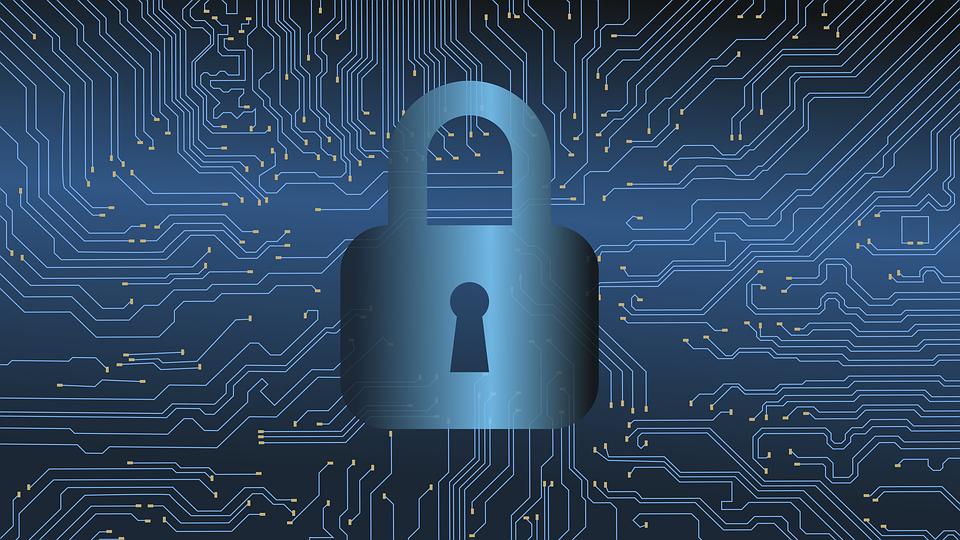
Addressing the sustainability impact of growing cyberattacks
What’s happening? A fuel pipeline that supplies the US’s East Coast has shut down following a ransomware attack. The US transport department has allowed a relaxation of regulations for transporting petrol, diesel, jet fuel and other petroleum products to help reduce fuel shortages. On 9 May, the pipeline’s operator, Colonial Pipeline, said it was in the process of restoring services. The attack, however, could cause fuel prices to rise if the outage lasts between one and three weeks, said Debnil Chowdhury from IHS Markit. The pipeline carries 45% of fuel used on the East Coast, Colonial Pipeline said. (The Guardian)
Why does it matter? Ransomware attacks are not unusual. Campaigns against businesses are now a weekly occurrence, with cyber experts predicting an evitable increase in attacks against critical infrastructure. The Colonial Pipeline attack is a reminder for governments and businesses that cyber threats no longer exist on the periphery but are a clear and present danger.
Warning signs – Only a few days before the attack, cybersecurity expert Christopher Krebs warned US lawmakers that cyberattacks posed a “pandemic of a different variety”. Unfortunately, ignoring prior warnings seems to be something the international community is good at.
For example, despite health experts highlighting a need to prepare for the risk of a pandemic following a rise in measles during 2019, the response to the Covid-19 outbreak has since been branded a global failure. If warnings such as Krebs’ are brushed aside, there could be lasting environmental and social consequences to letting cyberattacks remain unchecked.
Environmental impact – Cyber criminals have proven they’re not adverse to targeting infrastructure that could cause environmental damage. A water system in Florida, for example, was recently remotely accessed by a hacker who proceeded to increase the sodium hydroxide levels to dangerous amounts. A plant operator was able to immediately remedy the problem, but if left unaddressed, it would have poisoned the water supply, causing damage to the public and surrounding environment.
Social impact – The connection between energy systems and the grid could also cause a devastating domino effect if power were to be cut off from communities. The recent winter storms in Texas demonstrated what social effects a prolonged power outage could cause. A women’s shelter in Dallas, for example, had its electromagnetic locks that secure the premise disabled due to a loss of power, forcing abuse victims taking refuge there to find an alternative residence. Lower income communities are also more likely to be impacted by the rising fuel prices caused by the Colonial Pipeline attack.
This article first appeared in our weekly newsletter, Sustt.


